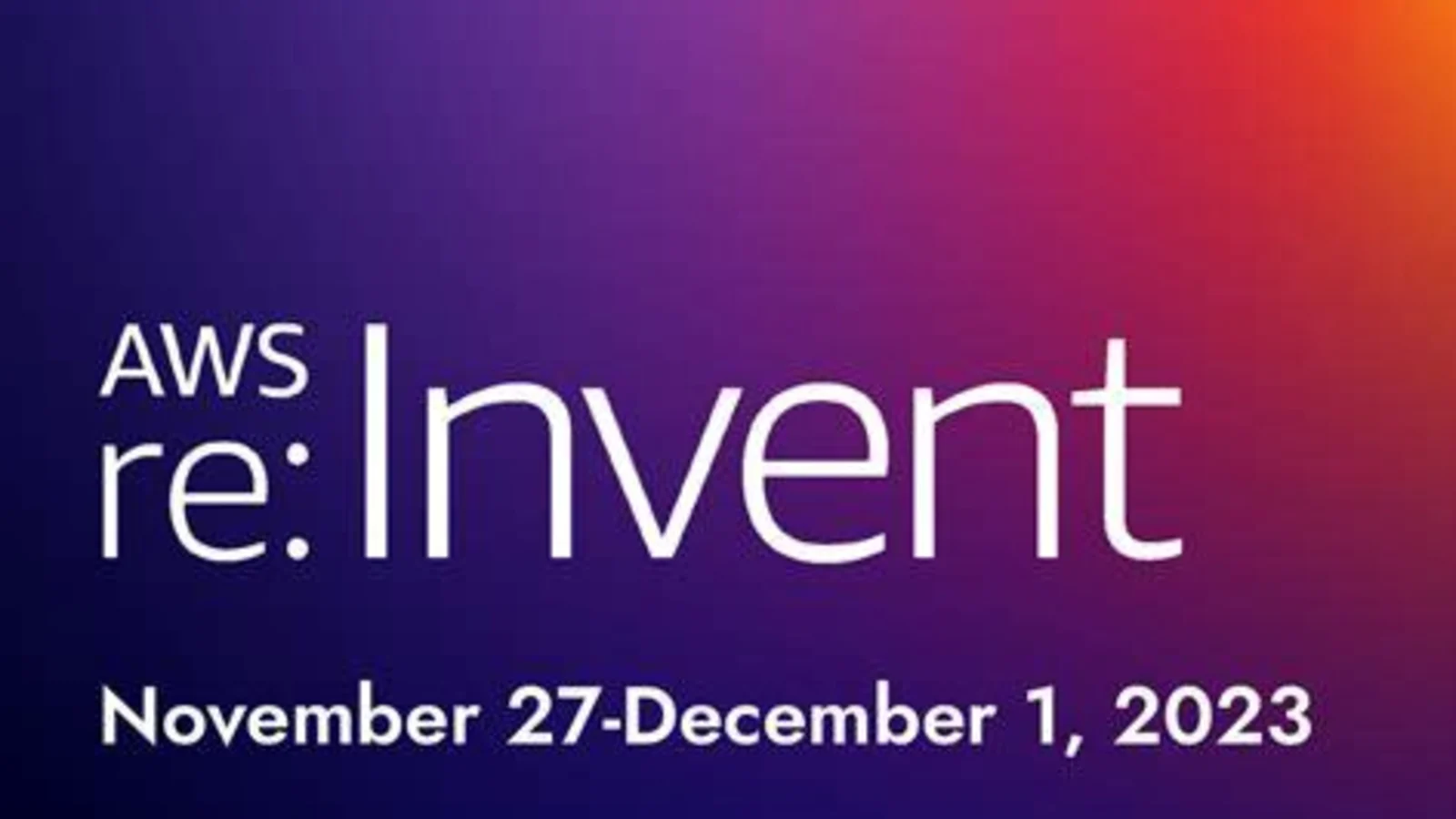Conversation with Equinix at KubeCon 2023
At KubeCon 2023, I had the opportunity to sit down and have a discussion with Amy Tobey from Equinix. We thought it would be a lot of fun to record a completely unscripted conversation for folks that may not be that familiar with Rafay. This full conversation (approx. 20 minutes) is available now on Equinix's YouTube channel.








